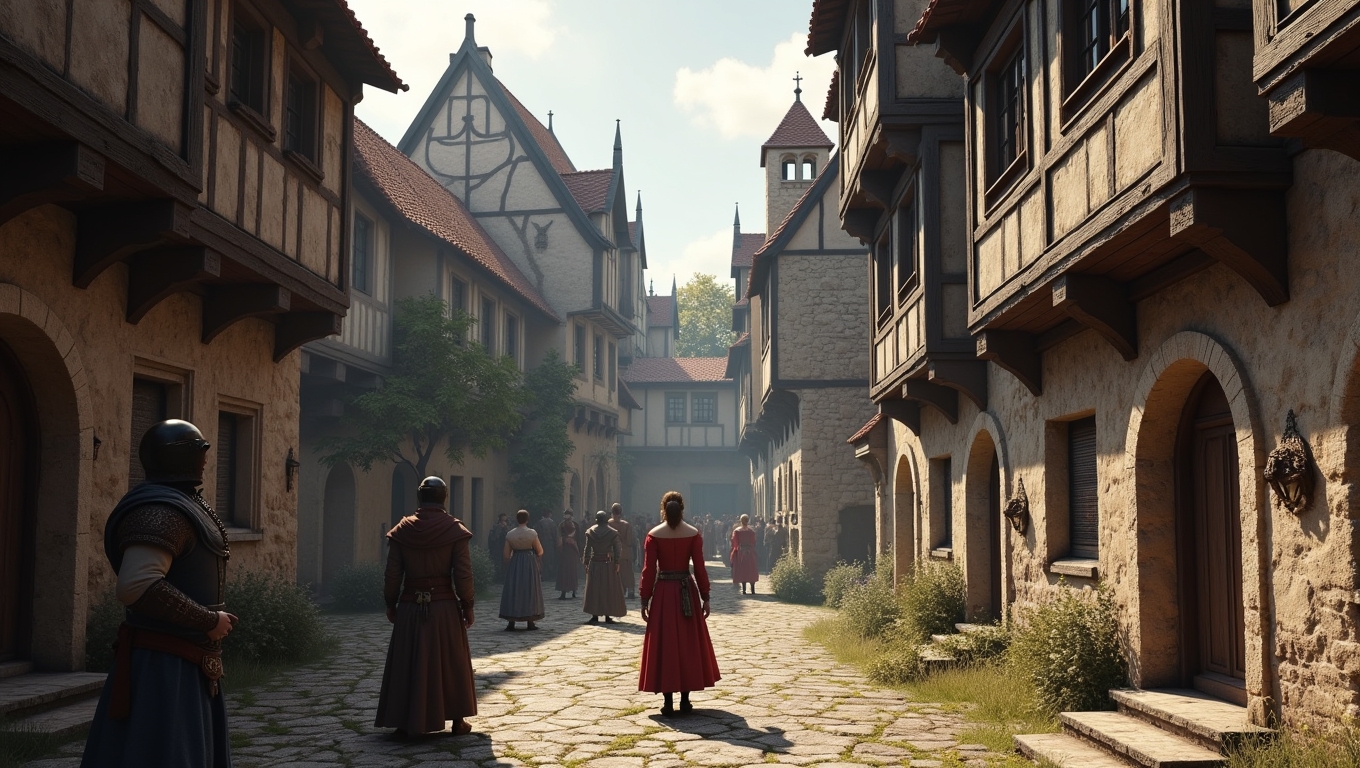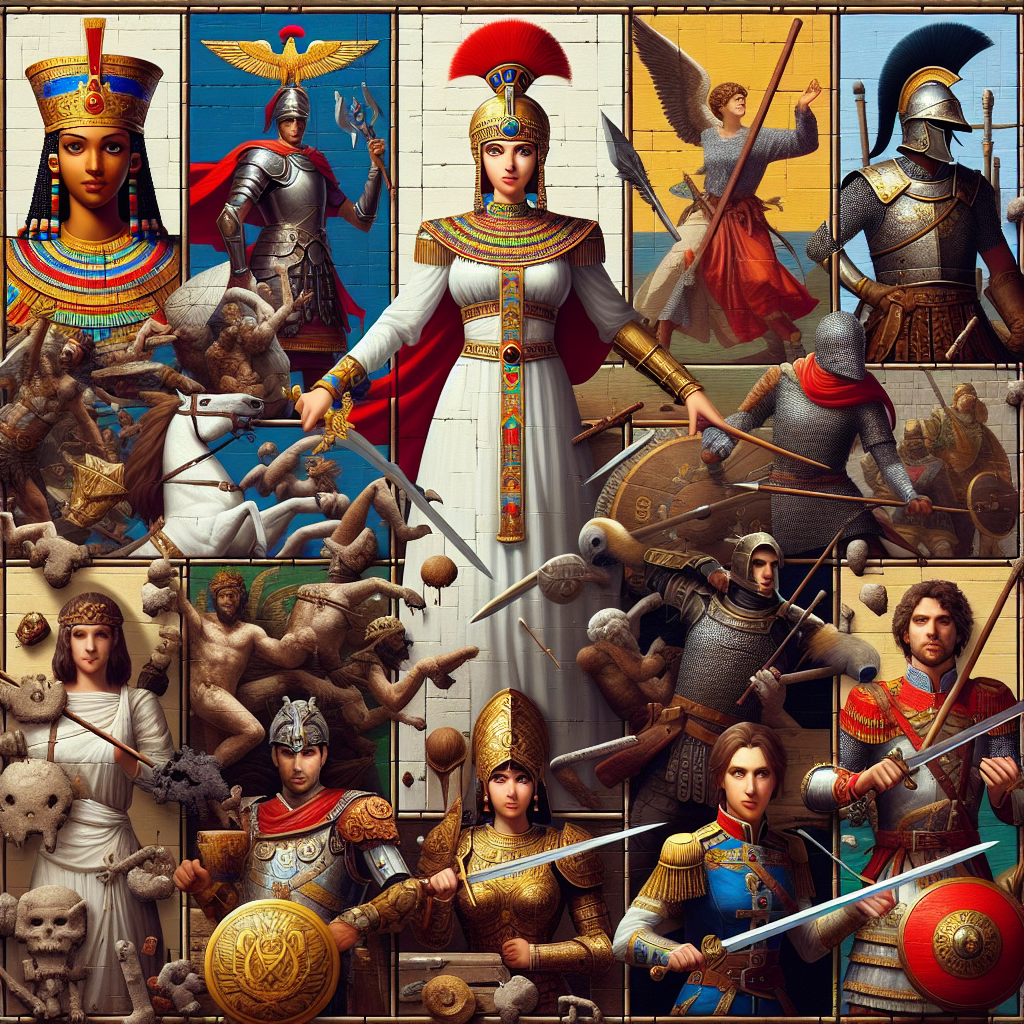In the world of gaming, achieving historical accuracy in games can significantly boost their popularity. Players increasingly seek immersive experiences that not only entertain but also educate. Games that incorporate well-researched historical elements often resonate more with audiences, creating a deeper connection and engagement. This article explores how historical accuracy can enhance the appeal of games and lead to greater success in the industry.
Understanding the Appeal of Historical Accuracy
One of the primary reasons historical accuracy in games attracts players is the authenticity it offers. Gamers appreciate the opportunity to step into different eras, experiencing life as it was during significant historical events. This sense of immersion can make gameplay more compelling, as players feel they are part of history rather than mere spectators.
Moreover, developers who invest time in researching historical contexts often create richer narratives. These narratives, grounded in real events, can captivate players, allowing them to connect emotionally with the story and characters. By integrating factual elements into gameplay, developers can foster a sense of trust and credibility, encouraging players to explore more deeply.

Successful Examples of Historical Accuracy in Games
Several games have successfully leveraged historical accuracy to enhance their popularity. Titles such as “Assassin’s Creed,” “Total War,” and “Civilization” series are prime examples. These games not only provide players with engaging mechanics but also immerse them in meticulously crafted historical settings.
“Assassin’s Creed” series, for instance, transports players to various historical periods, from the Renaissance to Ancient Egypt. The developers have invested heavily in research, ensuring that the environments, clothing, and even the political dynamics reflect the times accurately. This level of detail has garnered a loyal fan base that appreciates the authenticity.
Similarly, the “Total War” series combines strategy with historical accuracy, allowing players to command armies in battles that replicate historical events. The popularity of these games can be attributed to their effective blend of entertainment and education, making history accessible and engaging.

Challenges of Balancing Accuracy and Gameplay
While historical accuracy can boost game popularity, it also presents challenges. Developers must strike a balance between staying true to historical facts and ensuring that gameplay remains enjoyable. Players are often looking for entertainment, and overly meticulous adherence to reality can sometimes detract from the fun.
Moreover, some historical events are complex and multifaceted, making it difficult to represent them accurately within the constraints of a game. Developers must navigate these challenges carefully, ensuring that they honor the source material while still delivering an enjoyable gaming experience.
In conclusion, historical accuracy in games undoubtedly has the potential to boost popularity. By providing immersive and authentic experiences, developers can engage players on a deeper level. As the gaming industry continues to evolve, the integration of historical elements will likely remain a key factor in attracting audiences and enhancing gameplay.
Some content and/or images on this page were created using AI.





